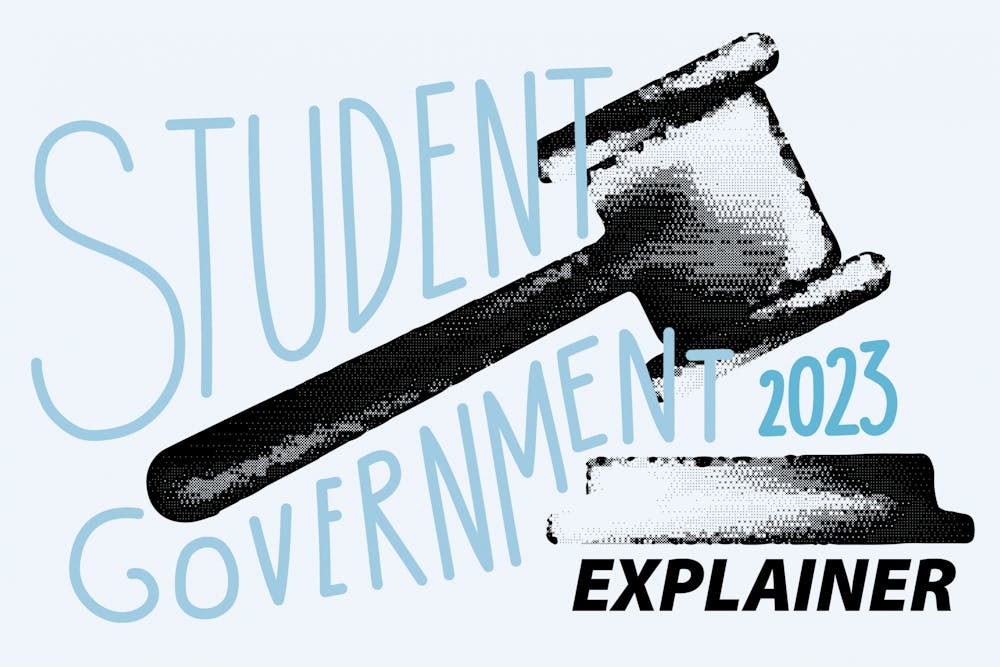Student Government has been a part of UNC’s history for over a century.
In 1904, University President Francis Venable sparked a discussion regarding the implementation of an honor system, and since then, student government at the University has expanded to resemble the structure of the U.S. Government.
“We have a fully self-governed student judiciary in the honor court and honor system,” Matthew Tweden, chairperson of the Joint Governance Council, said. “We have a full legislative branch, a full executive branch — as well as massively wide oversight of student fee appropriations and an extremely broad ability to engage with specialized components of the administration.”
Up until the 2017-18 school year, student government was considered one entity that tackled issues related to both undergraduate and graduate students.
Now, student government at UNC is split into two organizations — the Undergraduate Student Government and Graduate and Professional Student Government — with each having their own executive, legislative and judicial branches. Tweden said the split can be attributed to brewing tensions over the fact that graduate students consistently felt like a minority in student congress.
The groups collaborate through the Joint Governance Council, which works to bridge the two populations and foster communication between governments, Tweden said.
“We have a very prescriptive legislative responsibility in which we hear bills that come out," he said. "We consider how they affect the joint code and the constitution, but more broadly, it is a conversational piece."
The Joint Governance Council is composed of 13 people in total but only has six voting members. The voting members consist of three senators from both the USG and GPSG.
“I think we can combine the experiences of cases of graduate student government with the passion of undergraduate student government into effectively improving things for all students,” Joshua Bakita, president pro tempore of the GPSG Senate, said.



